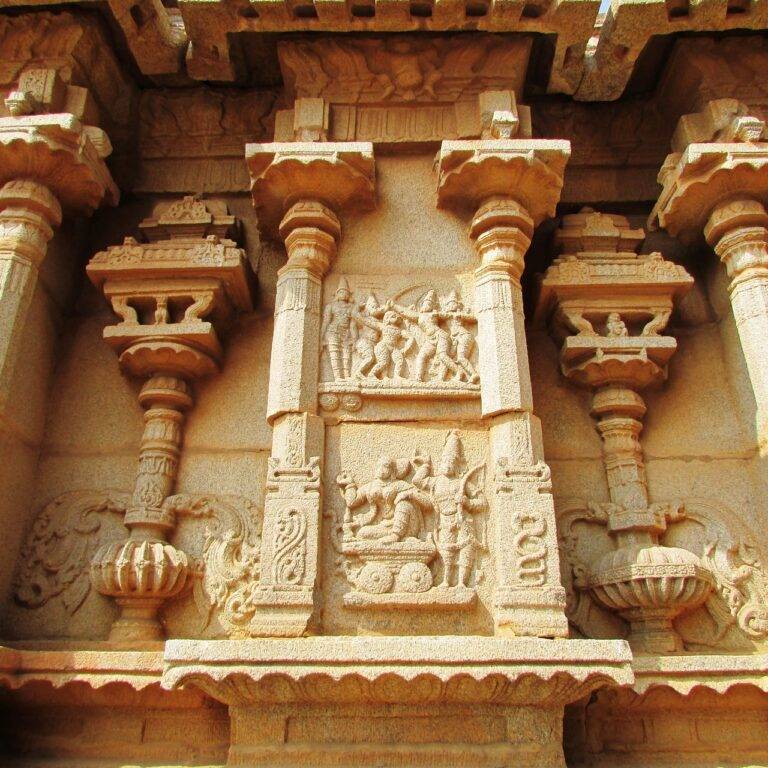Exploring the Influence of Religion on Political Affiliation
Throughout history, the intertwining of religion and politics has been a complex and dynamic relationship. From ancient civilizations to modern societies, religious beliefs have often played a significant role in shaping political structures and decision-making processes. Leaders have frequently drawn upon religious ideologies to legitimize their authority and justify their actions, while religious institutions have wielded influence over governance and policymaking.
In many societies, the close association between religion and politics has resulted in the establishment of official state religions and the integration of religious principles into legal systems. This fusion of spiritual and political power has led to both unity and conflict, as differing interpretations of religious doctrines have sparked debates over governance and morality. Despite efforts to separate church and state in some regions, the historical legacy of religious influence on politics continues to shape societal values and political landscapes around the world.
Key Factors That Shape Religious Beliefs
Religious beliefs are profoundly influenced by cultural traditions and societal norms. From a young age, individuals are exposed to the religious practices and teachings of their communities, shaping their understanding of the world and their place in it. Family plays a crucial role in transmitting religious beliefs, as parents often pass down their faith to their children through rituals, prayers, and stories.
Moreover, the geographical location in which individuals reside can also greatly impact their religious beliefs. The religious landscape of a region, the presence of religious institutions, and the prevalence of certain faiths in the community can all contribute to shaping an individual’s religious identity. Additionally, historical events and societal changes can play a significant role in influencing religious beliefs, as people may turn to religion for comfort, guidance, or belonging during times of uncertainty or turmoil.
How have politics influenced religious beliefs throughout history?
Throughout history, politics have often played a significant role in shaping religious beliefs. Rulers and governments have used religion to control and manipulate populations, while religious institutions have influenced political decisions and policies.
What are some key factors that shape religious beliefs?
There are several key factors that shape religious beliefs, including cultural background, family upbringing, personal experiences, education, and societal influences. These factors can all play a role in shaping an individual’s religious beliefs and practices.
Can religious beliefs change over time?
Yes, religious beliefs can definitely change over time. As individuals grow and learn, their perspectives and beliefs may evolve. External factors such as new information, experiences, or societal changes can also influence a person’s religious beliefs.
How do religious beliefs impact society?
Religious beliefs can have a significant impact on society, influencing everything from laws and government policies to social norms and cultural practices. Religious beliefs can bring communities together, but they can also be a source of conflict and division.
Are religious beliefs always based on faith?
While faith is a core component of most religious beliefs, individuals may also base their beliefs on personal experiences, logic, or evidence. Some religious beliefs are deeply rooted in tradition and cultural practices, while others may be more open to interpretation and change.





